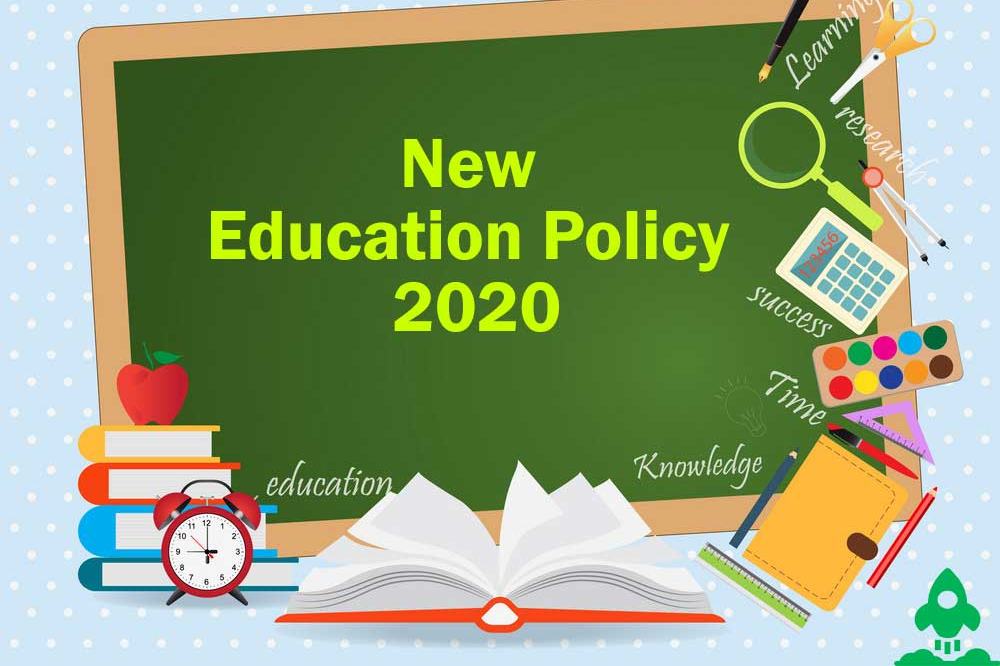While the New Education Policy 2020 has the potential to build an intelligent society and a globally competitive workforce, the realities of digital divide and an under-skilled teaching staff can be formidable blockers on the way.
With the advent of intuitive technologies such as artificial intelligence (AI), the world was undergoing a steady shift. In the past six months this shift was expedited with the outbreak of COVID-19. The need for contact-less operation of day to day lives has forced the world to go virtual overnight. In the post COVID world where costs will be measured in terms of sustainability and digitalisation, survival will depend on how well we adapt to this new normal. In this backdrop, India’s launch of the New Education Policy (NEP) 2020 is not only timely but also has the potential to provide a safety-net that can insulate talent from any such future socio-economic jolts. Its focus on innovation, digital leverage and entrepreneurship is a great promise towards building a skill-based learning model where the outcome will be job security and better livelihood.
De-streaming education prepares one for the complex and multidisciplinary modern world
The New Education Policy 2020 blurs the boundaries between rigid streams of education – arts and sciences, sports, vocational and academic streams. This multi-disciplining will serve two purposes. One, it will prepare the students for a more complex business world of today which requires skills that are not soiled by technical-only or humanities-only approach. The inter-disciplining of education will also help inculcate attributes such as emotional intelligence, critical thinking and problem-solving – skills necessary for surviving in a rapidly machine driven intuitive tech world.
Multiple exit option will help skilling and employment to go hand in hand: The New Education Policy allows multiple entry and exit points to students during under-graduation. On completion of each year of education/a given program they are recognised with a certification, diploma or a degree. This enables students to temporarily break away from formal education to gain practical on-the-job training and then get back to higher education utilising the Academic Bank of Credit – a digitally storing academic credits system that students can use at any point of time to earn their degree. This is a classic way of integrating education with employment that will make students job ready and even eligible for higher wages as soon as they graduate.
Interjecting new age tech education to make talent thrive in an AI economy
Inclusion of coding from 6th standard will go a long way in making talent ready for the ‘21st-century skill,’besides closing the current skill gap in coding literacy. The emphasis on application of ideas and concepts for solving real world problems will make learning experiential. Introduction of contemporary subjects such as AI, Big Data Analysis, and Machine Learning will prepare India to thrive in an AI economy.
Holistic learning to build a cadre of globally responsible talent: Community engagement will constitute an important part of the new education system. It will help intertwining of subjects such as climate, culture, values and environment awareness.This approach will be foundational to building a talent cadre equipped to respond to the contemporary global challenges.
The essence of the NEP 2020 lies in the process in which students acquire skills. Through a learning model founded on digital, multilingualism and multidiscipline, the New Education Policy if implemented well, will be a true catalyst in building an intelligent society and a globally-competitive workforce.The challenge, however, will be in making this tech driven education vision inclusive. Digital divide remains a reality in India. What can the NEP 2020 do to bring the students – on the wrong side of the technology divide – into the fold of the new learning scheme? The other challenge is building a robust pool of teaching staff not only skilled in imparting education in a digital environment but also enabled to constantly upgrade knowledge to keep up with the constantly transforming market and technology.
To know more about research on digital divide by Smile Foundation visit https://www.smilefoundationindia.org/Media/56-children-have-no-access-to-smartphones-for-e-learning-study.html









